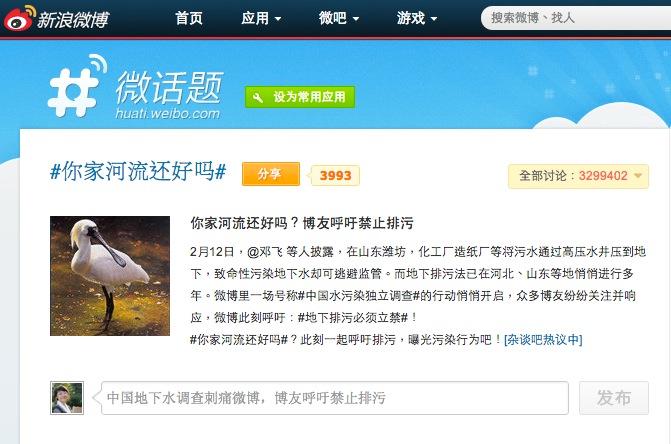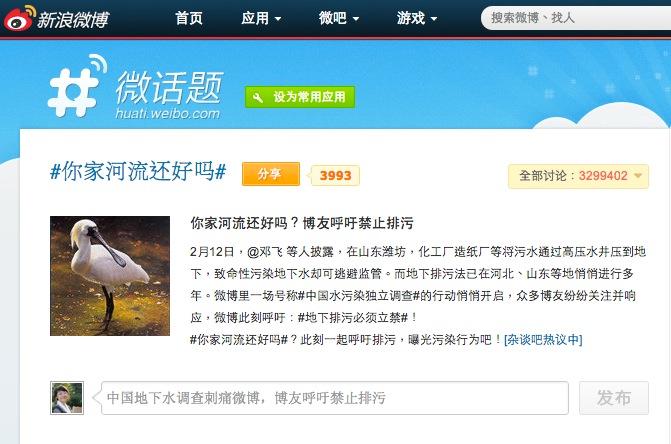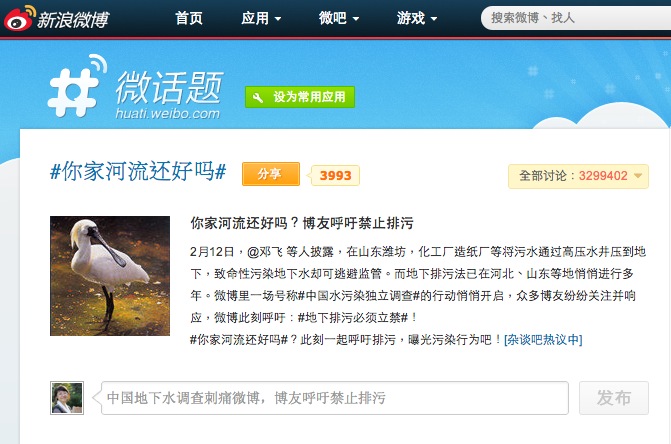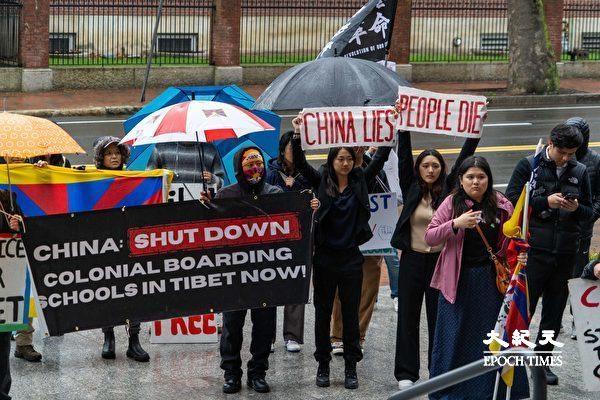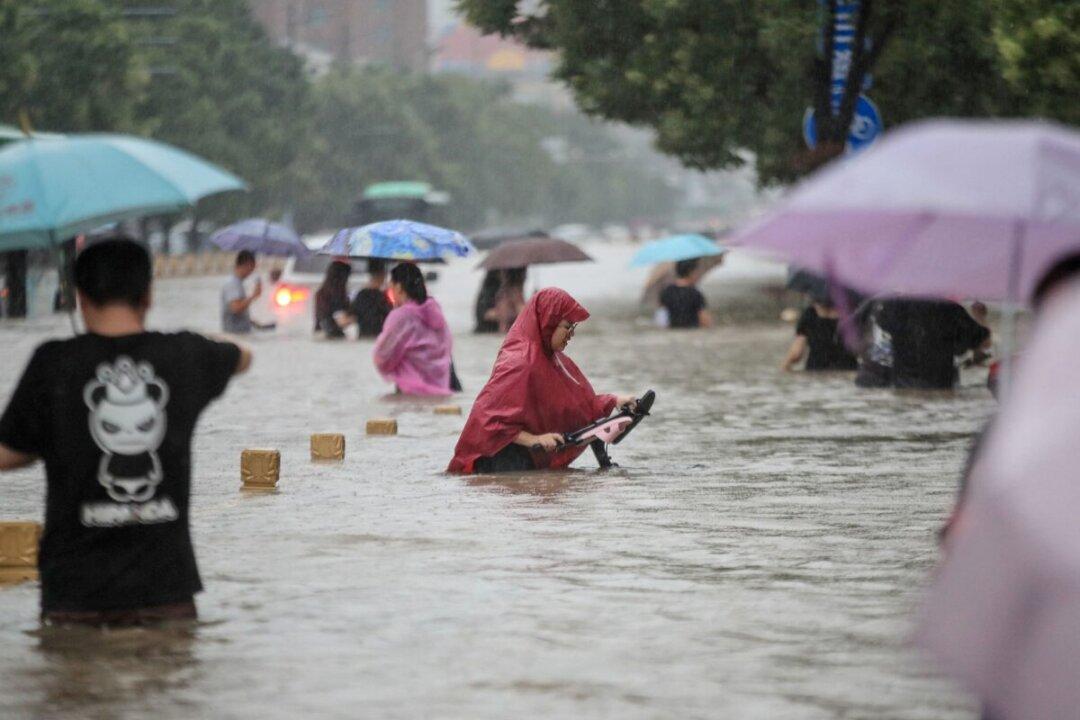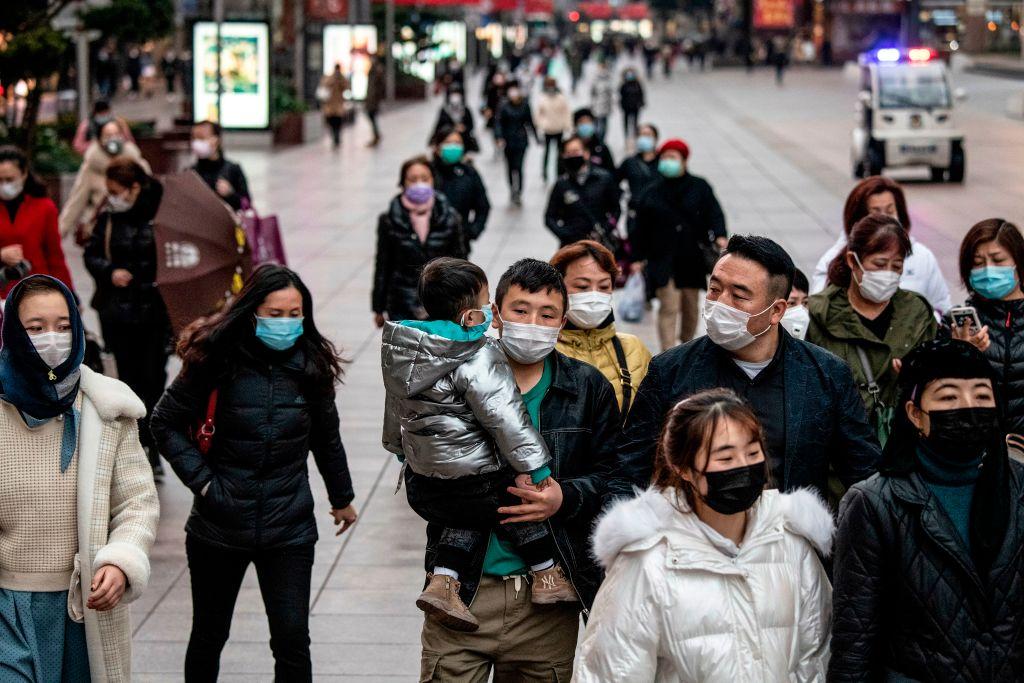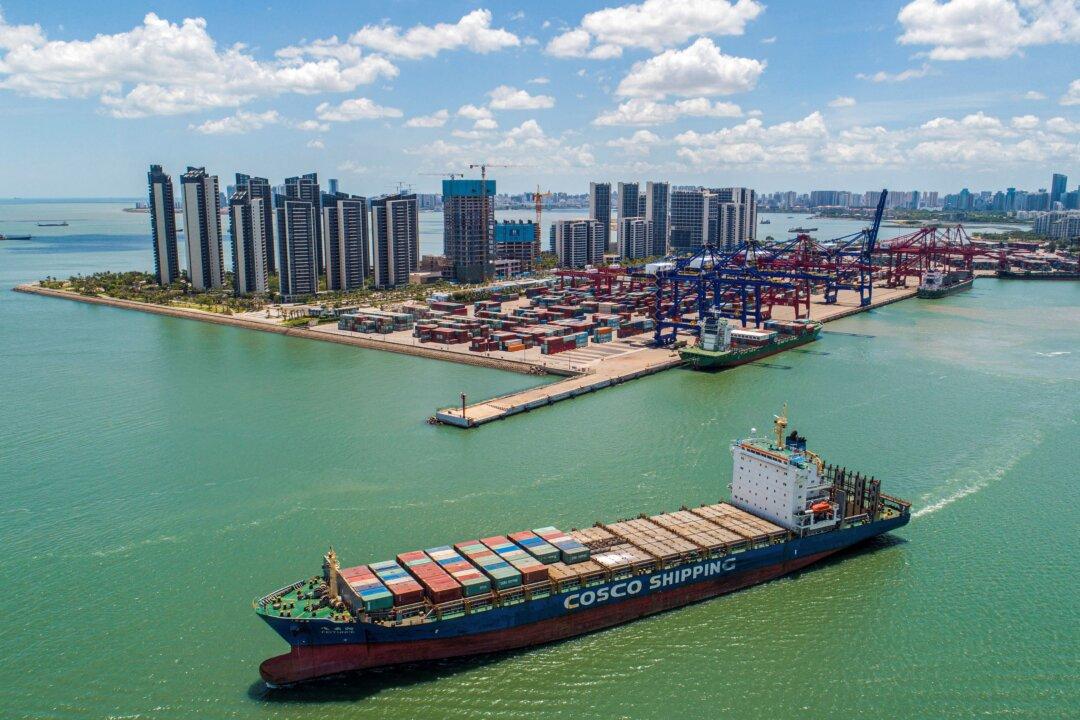The well-known journalist Deng Fei recently alarmed the public by reporting on Weibo (the popular Twitter-like service in China) how polluted water is pumped underground in Weifang City, in eastern China’s Shandong Province.
Many of the city’s industrial enterprises (such as chemical plants and paper mills) have been evading official inspections by using high-pressure pumps to discharge wastewater containing toxic substances.
Deng started his independent investigation into water pollution after asking his 2.5 million Weibo followers on Feb. 12 to post pictures of their local rivers.
By Feb. 17 more than 2.9 million netizens had reported their hometowns’ water pollution problems with posts to Weibo.
According to Deng, the practice of pumping polluted water underground has been going on secretly for many years in Hebei and Shandong provinces.
The CEO of China’s tea city website (www.ntea.cn), Jiang Rongsheng, posted on his Weibo that when he was in the investment consulting business 20 years ago, numerous officials he had met said they would “bury” waste from the dyeing and weaving industries “underground.” That was something unforgettable to him, he commented.
Deng’s blog has been gaining much attention from the Chinese media due to its rise in popularity. Online forums have become battlegrounds between those who report the truth and those who censor it, with netizens continuously reposting Deng’s blog soon after authorities have deleted it.
Attorney Gan Yuanchun of Changsha City, Hunan Province, wrote in a Weibo post on Feb. 16, “Deng and Feng Yongfeng, who claims to be the founder of the University of Nature, have pointed out that Shandong officials lobbied in Beijing to prevent media reporting on the pollution. A CCTV documentary has been cut, and reporters in Weifang are under house arrest.”
Although Gan’s Weibo was soon deleted, netizens have been reposting it all over the Internet using screenshots of his blog.
A letter dated Feb. 16 allegedly written by the Environmental Protection Bureau to some enterprises in Weifang saying that CCTV was planning a secret investigation has also been circulating on Weibo.
However, Weifang Environmental Monitoring Commander Xie Zhenxi has denied that the Bureau ever sent such a notice. According to a Sina news report the following day, Xie said he “cannot say much and was not clear” about the letter appearing on Weibo.
While officials are trying to control information about the pollution by deleting weibo posts and shutting down media coverage, some members of the public who have managed to follow the controversy are quite angry.
“These actions are horrendous. If they are proven to be true, shall we use high-pressure pumps to pump the officials and leaders underground as well?” a legal scholar named Xu Xin commented on Weibo.
According to the Chinese regime’s mouthpiece Xinhua, one third of China’s water supply comes from underground. Investigative reports on 118 cities over the last two to seven years show that severely polluted water runs in 64 percent of the cities and mildly polluted water in 33 percent of them. Only 3 percent of the cities have clean water.
Read original Chinese aritcle.
The Epoch Times publishes in 35 countries and in 21 languages. Subscribe to our e-newsletter.
